Training Advisory Committee
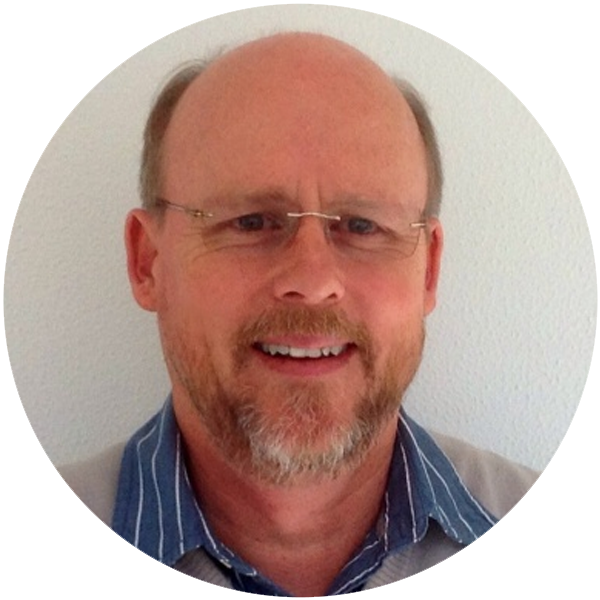
Rob Warren, PhD
Dr. Warren is a Distinguished Professor in the Division of Molecular Biology at Stellenbosch University in Cape Town, South Africa. He is also the Unit Director at the Centre for Tuberculosis Research at University of Stellenbosch in Cape Town, and an expert in the related field of mycobacterial genomics, as well as Whole Genome Sequencing (WGS.) Under his guidance, the study of the molecular epidemiology of Mycobacterium tuberculosis in a high incidence setting (Cape Town) was brought to the forefront of international tuberculosis research. This study now represents the largest molecular epidemiological data set in the developing world and has been referred to as a national heritage. He also has an extensive training record for post-graduate students. Dr. Warren serves as the chair/point of contact for the SAPPHGenE TAC.

Rob Warren, PhD
Dr. Warren is a Distinguished Professor in the Division of Molecular Biology at Stellenbosch University in Cape Town, South Africa. He is also the Unit Director at the Centre for Tuberculosis Research at University of Stellenbosch in Cape Town, and an expert in the related field of mycobacterial genomics, as well as Whole Genome Sequencing (WGS.) Under his guidance, the study of the molecular epidemiology of Mycobacterium tuberculosis in a high incidence setting (Cape Town) was brought to the forefront of international tuberculosis research. This study now represents the largest molecular epidemiological data set in the developing world and has been referred to as a national heritage. He also has an extensive training record for post-graduate students. Dr. Warren serves as the chair/point of contact for the SAPPHGenE TAC.
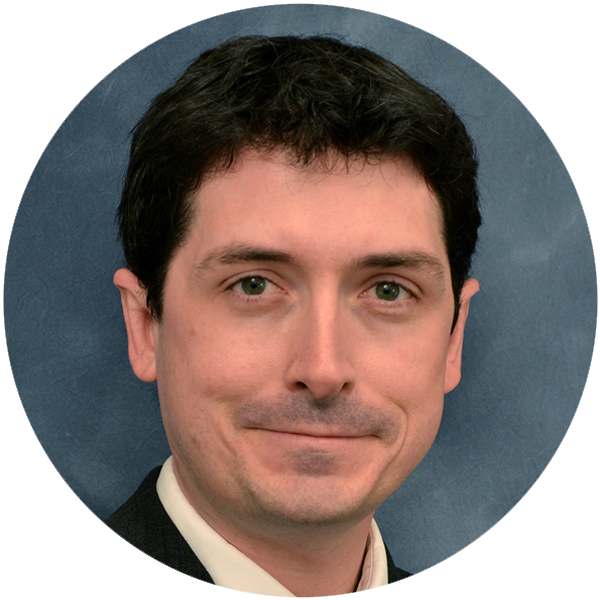
Duncan MacCannell, PhD
Dr. MacCannell is the Chief Science Officer for the CDC’s Office of Advanced Molecular Detection, whose key focus is integration of standardized, sustainable capacity for advanced laboratory technologies and scientific computing into routine public health practice. He coordinates the implementation and support of pathogen genomics, bioinformatics, high-performance computing and other innovative laboratory technologies across the CDC’s four infectious disease centers. Given Dr. MacCannell’s role as co-PI on a project working with Africa CDC that focuses on building laboratory capacity and bioinformatics, he is uniquely positioned to help our program eventually transition to providing training in public health genomics in other countries in Africa.

Duncan MacCannell, PhD
Dr. MacCannell is the Chief Science Officer for the CDC’s Office of Advanced Molecular Detection, whose key focus is integration of standardized, sustainable capacity for advanced laboratory technologies and scientific computing into routine public health practice. He coordinates the implementation and support of pathogen genomics, bioinformatics, high-performance computing and other innovative laboratory technologies across the CDC’s four infectious disease centers. Given Dr. MacCannell’s role as co-PI on a project working with Africa CDC that focuses on building laboratory capacity and bioinformatics, he is uniquely positioned to help our program eventually transition to providing training in public health genomics in other countries in Africa.
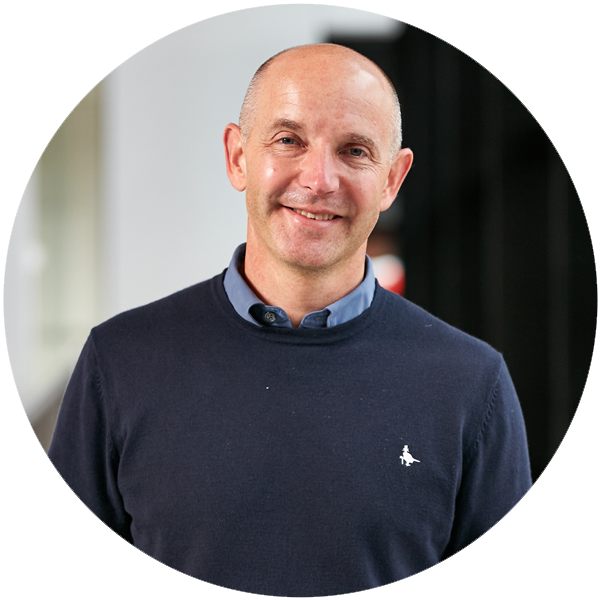
Mark Nicol, PhD, MMed
Dr. Nicol, formerly a clinical microbiologist at University of Cape Town (UCT) and the National Health Laboratory Service of South Africa with an interest in tuberculosis and testing point of care diagnostics, is now the Head of Microbiology at the University of Western Australia. In addition, Dr. Nicol is PI of the “Nasopharyngeal Microbiome and Respiratory Disease in African Children” project in the Human Heredity and Health in Africa (H3Africa) Initiative. Accordingly, he will help to identify synergies between our program and H3Africa activities. He teaches in the Wellcome Trust Advanced Course (WTAC) on ‘Molecular Approaches to Clinical Microbiology in Africa.’ Despite his new location and academic appointment, he still teaches in the WTAC course every year.
He maintains an honorary staff position at UCT and an active research group at UCT, including capacity-building activities in bioinformatics and statistical modelling. Dr Nicol also continues to chair the environmental health working group for H3Africa.

Mark Nicol, PhD, MMed
Dr. Nicol, formerly a clinical microbiologist at University of Cape Town (UCT) and the National Health Laboratory Service of South Africa with an interest in tuberculosis and testing point of care diagnostics, is now the Head of Microbiology at the University of Western Australia. In addition, Dr. Nicol is PI of the “Nasopharyngeal Microbiome and Respiratory Disease in African Children” project in the Human Heredity and Health in Africa (H3Africa) Initiative. Accordingly, he will help to identify synergies between our program and H3Africa activities. He teaches in the Wellcome Trust Advanced Course (WTAC) on ‘Molecular Approaches to Clinical Microbiology in Africa.’ Despite his new location and academic appointment, he still teaches in the WTAC course every year.
He maintains an honorary staff position at UCT and an active research group at UCT, including capacity-building activities in bioinformatics and statistical modelling. Dr Nicol also continues to chair the environmental health working group for H3Africa.
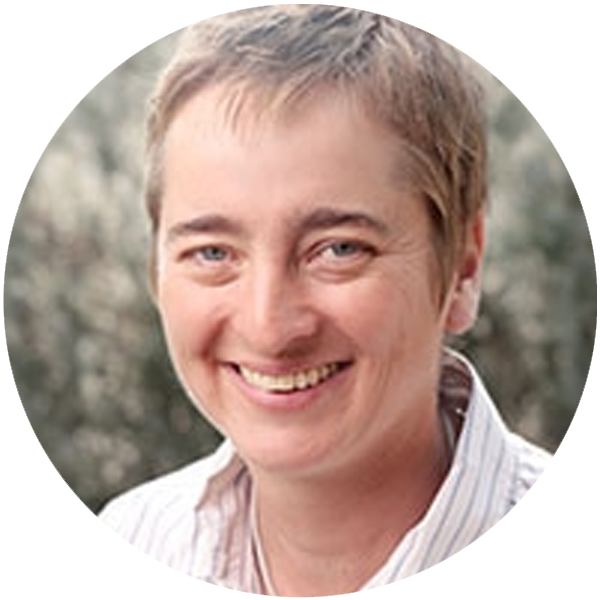
Penny Moore, PhD
Dr. Moore is the Research Chair of Virus-Host Dynamics at the University of the Witwatersrand (Wits) and the National Institute for Communicable Diseases (NICD.) She also holds a joint appointment as an Honorary Senior Scientist in Virus-Host Dynamics at the Centre for the AIDS Programme of Research (CAPRISA), University of Kwazulu Natal, and serves on the Scientific Advisory Board of the Sub-Saharan African Network for TB/HIV Research Excellence (SANTHE.) She has extensive experience with student mentoring and will be an excellent resource for promoting SAPPHGenE within the NICD and Wits communities. She will also facilitate access of our trainees to a PacBio sequencer, which she recently acquired through a grant from the South African National Research Foundation.

Penny Moore, PhD
Dr. Moore is the Research Chair of Virus-Host Dynamics at the University of the Witwatersrand (Wits) and the National Institute for Communicable Diseases (NICD.) She also holds a joint appointment as an Honorary Senior Scientist in Virus-Host Dynamics at the Centre for the AIDS Programme of Research (CAPRISA), University of Kwazulu Natal, and serves on the Scientific Advisory Board of the Sub-Saharan African Network for TB/HIV Research Excellence (SANTHE.) She has extensive experience with student mentoring and will be an excellent resource for promoting SAPPHGenE within the NICD and Wits communities. She will also facilitate access of our trainees to a PacBio sequencer, which she recently acquired through a grant from the South African National Research Foundation.
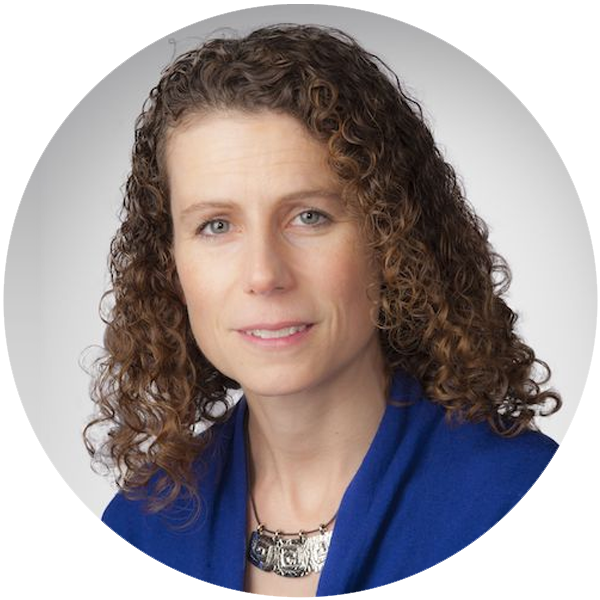
Alison M. Morris, MD, MS
Dr. Morris is a Professor of Medicine at the University of Pittsburgh School of Medicine, as well as Founder and Co-Director of the Center for Medicine and the Microbiome. She is also the Vice Chair for Clinical Research in the Department of Medicine, and directs the HIV Lung Research Center. In addition to her role as a TAC member, she will oversee training in studies that involve metagenomics. Dr. Harrison and Dr. Morris have recently established a collaboration to study the utility of the perirectal microbiome in assessing the risk of developing serious bacterial infection among critically-ill patients. She also has an extensive training record of post-graduate students.

Alison M. Morris, MD, MS
Dr. Morris is a Professor of Medicine at the University of Pittsburgh School of Medicine, as well as Founder and Co-Director of the Center for Medicine and the Microbiome. She is also the Vice Chair for Clinical Research in the Department of Medicine, and directs the HIV Lung Research Center. In addition to her role as a TAC member, she will oversee training in studies that involve metagenomics. Dr. Harrison and Dr. Morris have recently established a collaboration to study the utility of the perirectal microbiome in assessing the risk of developing serious bacterial infection among critically-ill patients. She also has an extensive training record of post-graduate students.
